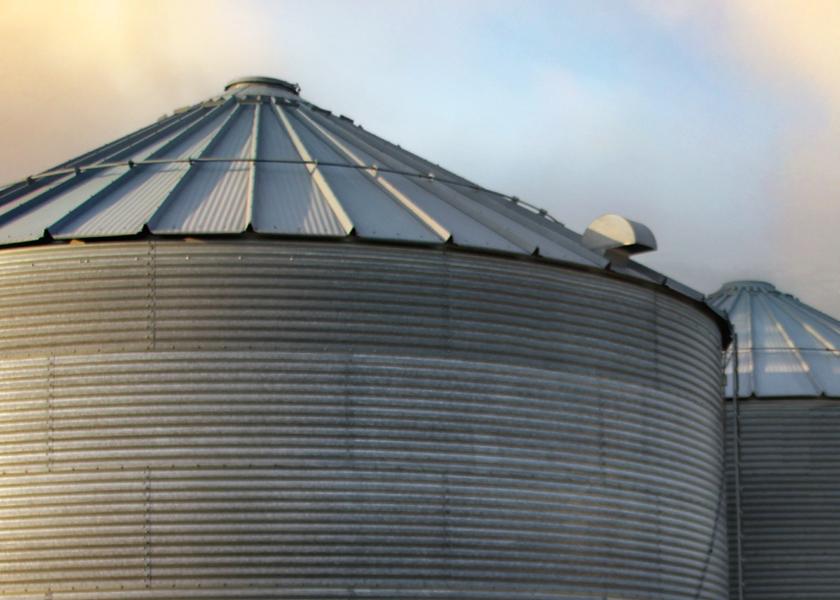New Study: Why Farmers Fall Into Two Camps If They Sell Or Store Grain

A recently released study from the University of Illinois Urbana-Champaign took a look at how producers decide when to store or sell their grain.
The data and its takeaways are based on financial statements collected by researchers from 3,000 corn and soybean farms in Illinois dated between 2003 to 2020. The average farmer in this group had little to no off-farm income, no livestock and low investment in buildings and structures.
The study’s co-author Joe Janzen, Illinois Extension specialist and assistant professor in the department of agricultural and consumer economics at U. of I., shared the research shows a significant relationship between capital costs and farmer-held inventory.
"Overall, our results indicate that storage costs influence the storage decision, but we find they matter more for some farms than others," Janzen noted. "When the capital cost for storage increases, the share of production held in inventory decreases. But these findings cover a wide range of behaviors that vary for different farms and economic conditions."
Researchers noted there were largely two groups of farms in terms of commodity storage decision-making:
- The “market-responsive” group who adjusted inventory levels from year-to-year and held smaller inventories overall.
- The “store-and-ignore” group who made fewer adjustments and held larger inventories than the first group. This group does not tend to make inventory changes in response to cost changes.
Janzen explains the largest factor for which operations fell into each group is financial position. The larger, older farms have more assets, more stability and lower storage costs than newer operations.
Though the study does not explore the specific reasons operations may choose to hold onto their grain when the market suggests selling, it does note that limiting taxable income for the year could play a role.
With their findings, the researchers plan to develop calculators that farmers can use to understand the costs and benefits of their grain marketing decisions.
Storage Never Pays, Or Does It?







